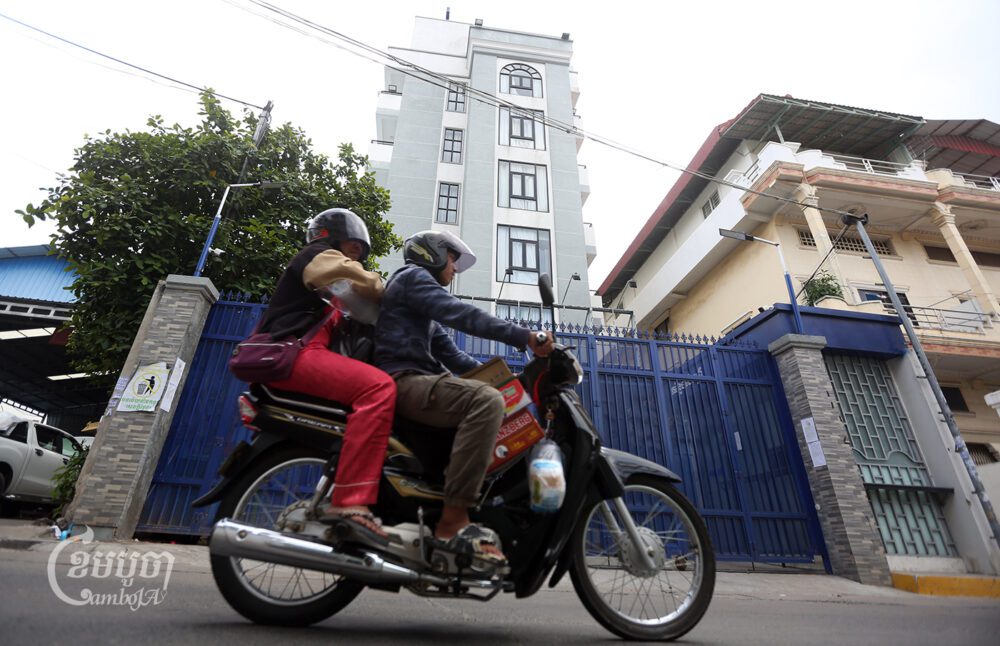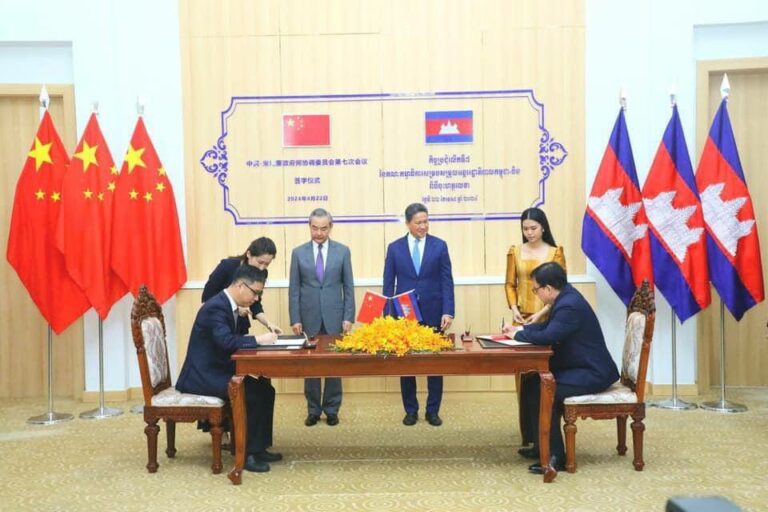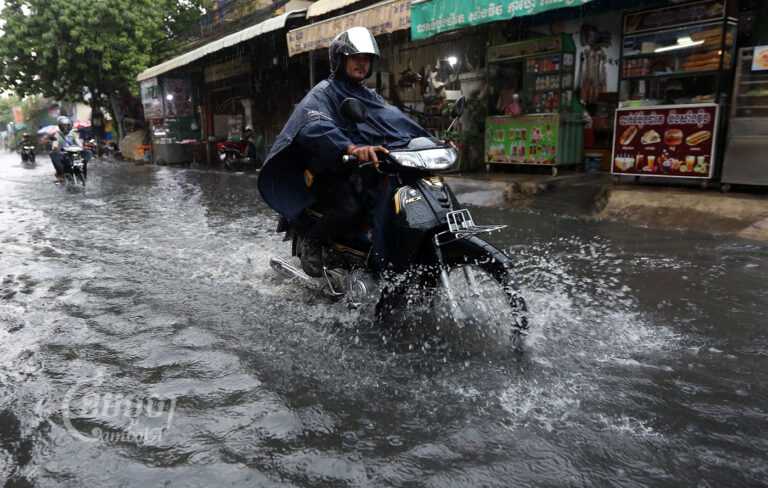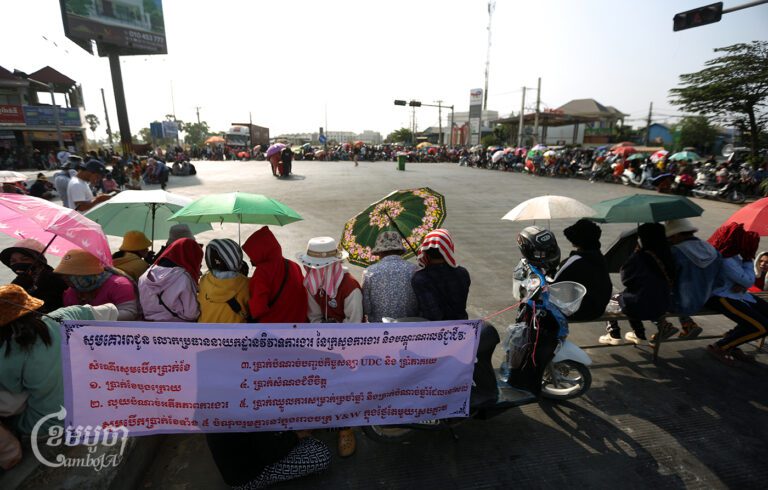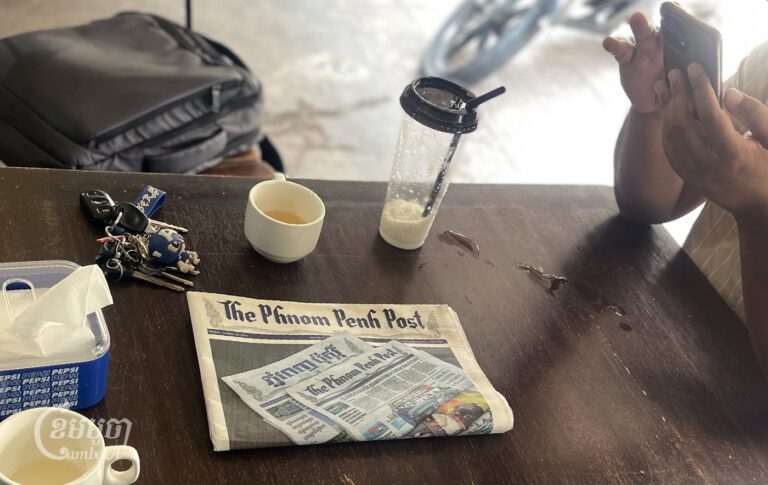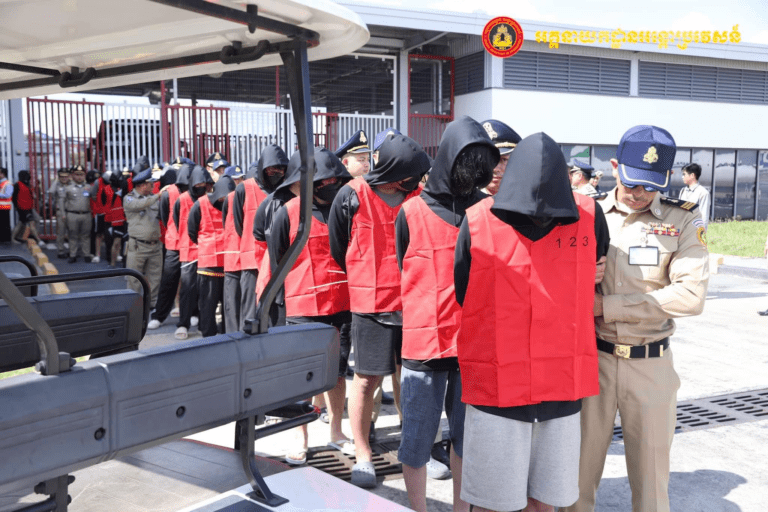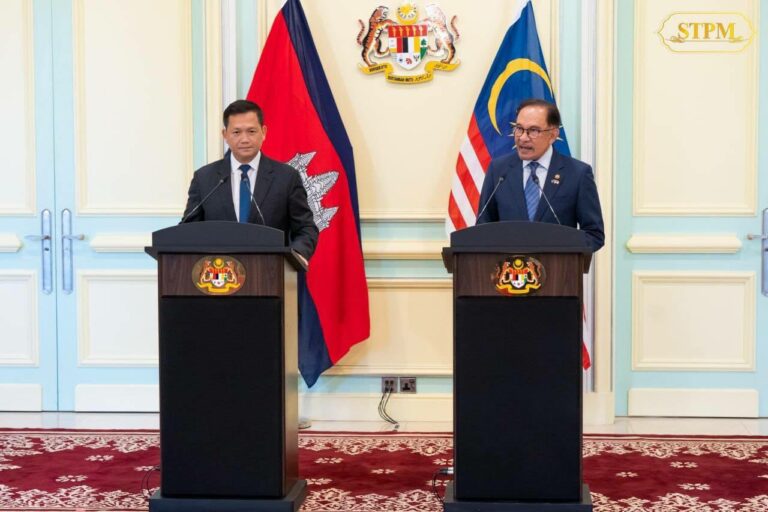Eighteen kidney transplant patients, who are stranded in India after being cheated by Phnom Penh-based Metro RLV Polyclinic, which allegedly absconded with $1 million paid by them, are pleading with Prime Minister Hun Manet to intervene in their case.
The polyclinic in Sen Sok district in O’Bek Ka’am commune has since been shut down by the authorities for being allegedly involved in illegal organ trading.
According to one of the patients, Khoeun Chanbol, who posted an appeal on his Facebook page on October 13, he was allegedly cheated by Samoun Nget, Metro RLV director-general, and his deputy Touch Rithya. Both Samoun and Rithya are said to have guaranteed Chanbol that he would receive kidney treatment in India.
“But we have not been treated until now. Myself and three others are calling on the Prime Minister to intervene in this issue. Now, [we] are out of money and maybe our life soon,” he said. Each patient paid the polyclinic about $50,000. They have been in India for seven to eight months now without receiving any treatment. “The disease is getting worse and we are facing a hard time having to cover the extra expenses in India.”
A woman in Banteay Meanchey province, who declined to be named, said her husband was sent to India to undergo a kidney transplant in March this year and is currently facing financial problems after Samoun absconded.
“[We] paid $50,000 for the kidney transplant in India. The hospital promised to treat his disease but we waited and waited. No treatment has taken place,” she said, adding that her husband is admitted at the Metro Hospital in India, which has cooperated with Metro RLV Polyclinic in Cambodia.
“They have cheated us because it has been eight months [without treatment]. Usually people go for two to three months, then they return home,” she said. “We don’t know what to say. It was not easy to earn the money, and it isn’t a small sum.”
The Health Ministry shut down Metro RLV Polyclinic on October 17 for using a consulting service to refer patients for kidney transplants in India, which is a violation of the law governing the transplantation of cells, tissues and human organs.
On October 16, the management of Metro RLV Overseas Hospital Company Ltd issued a statement condemning Nget Samoun, the director-general of the polyclinic, for “misusing” his position in the company to defraud Cambodian nationals.
“All [the] activities, which Samoun Nget carried out, were not authorized by the company and he had done the same in his personal capacity without the knowledge of the management of the company,” read the statement.
The management has terminated Samoun’s contract and lodged a report with the police. It is also trying to locate the patients who Samoun defrauded and sent to India for treatment. “We will try to extend as much help and assistance to [the] individuals in their time of need.”

A 31-year-old doctor, who worked at Metro RLV Polyclinic for 10 months, told CamboJA that he was in-charge of blood transfusion and the echo section but he was not aware of patients being referred to India for kidney transplant.
“There were other teams working on this,” said the doctor, who declined to be named for fear of being terminated from his new job at another hospital. “The management leader [Samoun Nget] asked me to resign a day before the incident.”
He said the polyclinic has previously cooperated with Metro Hospital in India, adding that one or two patients used to come in for daily blood transfusions.
CamboJA reporters visited the polyclinic on Thursday, but found the gate locked and no staff working while the logo had been removed from the front of the building.
A resident, whose house is behind the polyclinic, said she learnt about the incident from information shared on Facebook.
“We knew about its shuttering after patients filed a complaint,” said the 60-year-old woman. “It is illegal to sell [human] kidneys.”
She said the banner and logo of the polyclinic was removed on October 18. The medical center had been renting the building, which was previously a condominium, for about a year.
She alleged that some of the staff working there looked “Indian”.
Thir Kruy, Secretary of State of the Ministry of Health and Chairman of the Coordinating Committee of Health Professional Councils and President, declined to comment.
Samoun Nget could not be reached for comment.
The Metro Group of Hospitals in India did not respond to questions via email, and the Indian Embassy in Phnom Penh did not issue a comment on the issue.
NGO rights group Licadho operation director Am Sam Ath urged the authorities, especially the Health Ministry, to thoroughly investigate organ trafficking, which may be happening in Cambodia.
“It is important that if it is a case of trafficking, it should be investigated as that is a crime,” he said.
“We see that this is not the first time. I think there needs to be an investigation to render justice for both parties and for it to be carried out legally and to avoid further criticism from the public and the international community,” Sam Ath said.
Vice chairperson of the Interior Ministry’s National Committee for Counter Trafficking Chou Bun Eng said the authorities are facing challenges to help the patients because they are hesitant to provide details for fear of not being able to undergo transplants.
“They stop providing information because they are afraid they can’t undergo kidney transplant, so we are trying to give them some time to share information,” she said.
“We are not allowed to operate kidney transplants but the important thing is not about the transplants but that they have been trafficking people and conducting business on the patients,” Bun Eang said.
She said the National Police are investigating the case and searching for the suspect (Samoun) who is at large now.
In July, CamboJA reported that the Cambodian police are investigating an alleged illegal organ trading at Preah Ket Mealea Hospital after Indonesian police arrested 12 people, three of whom were arrested in Cambodia, the Associated Press wrote.
Nine of the suspects were “organ trade victims”, who allegedly lured other people to sell their kidneys via social media.
In 2016, the National Assembly passed a law that banned commercial organ transplants, stating that any donation of human parts must be done for humanitarian purposes and not for profit. Implanting organs for commercial purposes, as well as advertising the trade, are forbidden under the law and perpetrators could face jail sentences of up to 20 years, according to the Phnom Penh Post.
In March 2022, former Prime Minister Hun Sen urged the Health Ministry to increase the promotion of domestic organ transplant service.
Both government spokesperson Pen Bona and Chuon Narin, Phnom Penh Municipal Police Chief, referred CamboJA to the Ministry of Health spokesperson.
When asked, Health Ministry spokesperson Or Vandine said the ministry is seriously working on the case and declined to comment further.
National Police spokesperson Chhay Kim Khoeun briefly mentioned that the police are investigating, declining to comment further.


